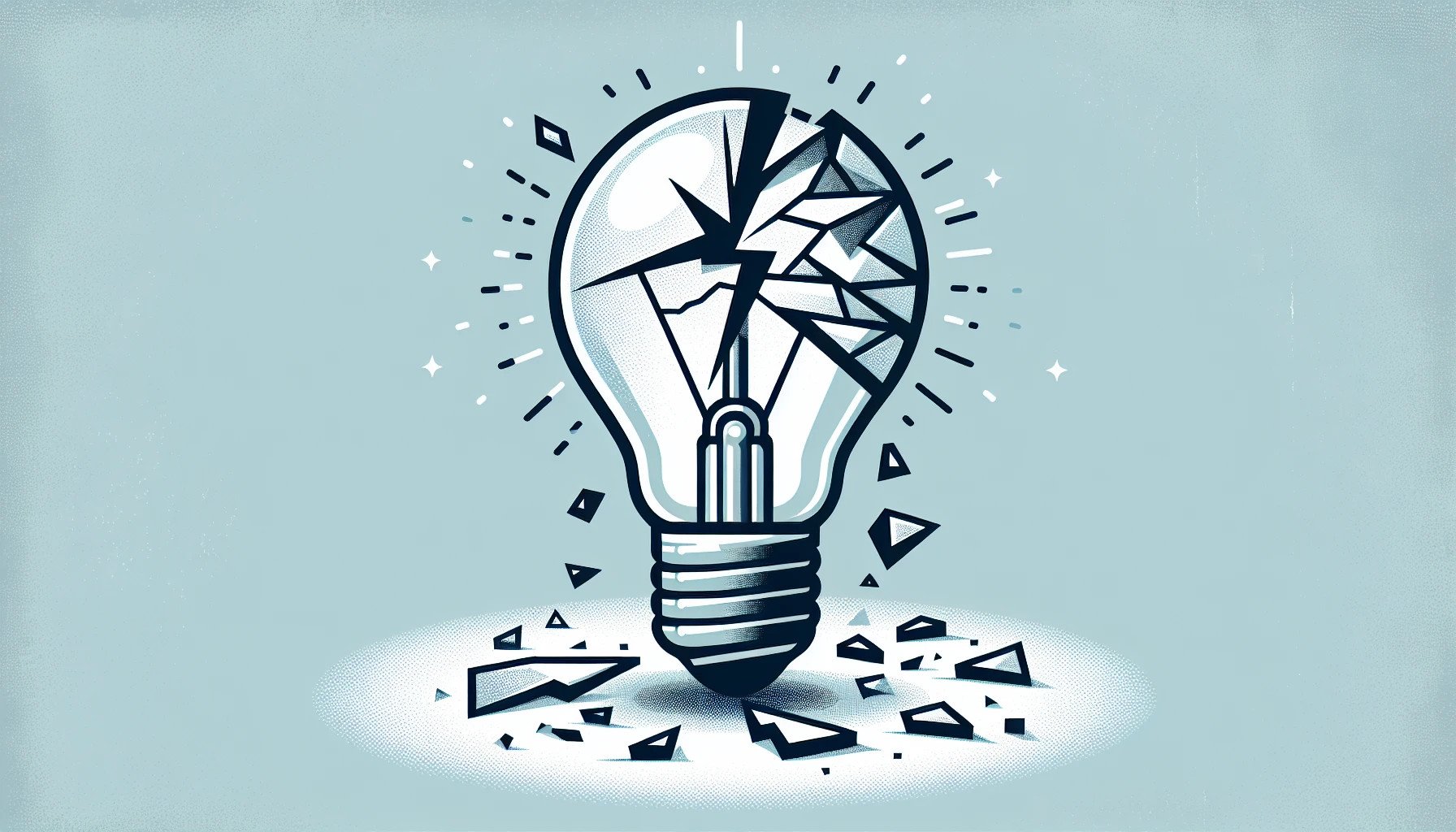Doing Innovation Wrong; Utility Edition.
Kin Selection is a theory that predicts organisms will behave in ways that increase the reproductive success of their relatives, even at the cost of their own survival and reproduction. Bear this in mind as you walk through why our utility sector is considered the most reluctant to adopt change and improve how we serve customers.
—
Stability and reliability have been the two pillars the modern utility is built on. The expectation has always been that the water should be clean and come out of the tap when a customer opens their tap. The power should come on when a kid hits (and leaves on) the light switch in a home. The toilet should flush away when required. Stability and reliability. Those characteristics used to be useful in a less dynamic world. Switching on the electricity and expecting it to come on every single time was a thing when the technicians at the utility knew exactly where the energy was coming from and did not have any concerns about availability. Drinking tap water was a thoughtless exercise in a world where pharmaceuticals had not eroded their way into our water systems. Stability and reliability, while important, can no longer serve the needs in a word where what is required is innovation. But stability and reliability also mean that the utilities who still hold on to this as their pillars will not let any ‘non-familiar’ ideas into the system.
—-
Another phrase for kin selection is destructive self-preservation. In the earlier days of Varuna, a friend who’s steeped in the water industry, told me that ‘this industry eats its young + innovative’ to keep itself alive. I laughed at the point but I’ve stopped laughing since. A better framing for this might be that this industry eats the young adoptees that are trying to become part of the family.
For an industry that has made the leap from coal to natural gas to, as we speak, renewable energy, the response to the above might be ‘but the industry innovates’. The counter to that is that the regulatory frameworks (deregulation for e.g.) and infrastructure (mainly midstream) have not substantially changed in decades. What this means is that the new companies that come into the space have to ride the pipes, wires or trailers of the incumbents, a recipe for perpetually staying beholden to the whims of the incumbents. An example is the interconnection queue issue; there are more GWs of electricity (from renewables mainly) waiting to be put on the US electricity grid than there is currently electricity on the grid.
And this is what I like to call ‘reactive innovation’; oh we have a problem, let’s find a tried and tested solution to address a problem that we should have caught!. What is required for the true progress that this industry (and I mean utilities and even cities) needs is more proactive innovation; we’ve been building and running cities for thousands of years, what have we learned about cities that can enable us predict and nurture new approaches and technologies (and businesses) to preempt these problems and fend them off?
Even as the US government has made available generational amounts of funding ($1.2Tn) to modify our infrastructure, my worry is that we end up with the same ‘rear-view’ mirror approach to addressing our problems (e.g. laying new pipes right alongside lead pipes to avoid rupturing the lead pipes). We cannot keep implementing innovation this way. Our kids demand better from us (even if we silently admit that we cannot do much for ourselves). We have the technology, what we seem to lack is the will to change. We cannot ‘kin select’ our way to the future we want for our kids. We have to innovate.


